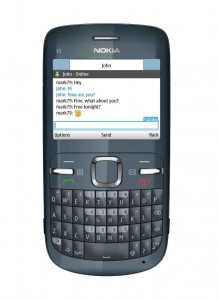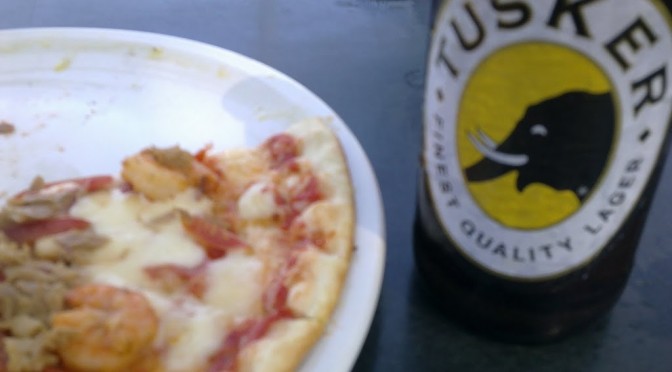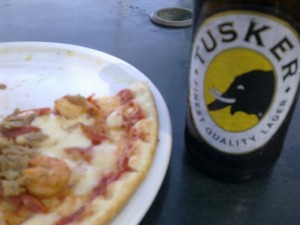East African Breweries is seeking shareholder endorsement of their decision to purchase 51% of Serengeti Breweries of Tanzania. They have sent out a shareholder circular produced by Merrill in London that outlines the nature of their investment.
Partnership: Serengeti will distribute EABL brands exclusively in Tanzania (except duty-free shops). Also Serengeti will brew EABL beers but this has not yet started.
- EABL will distribute Serengeti products worldwide (they include Premium Serengeti Lager (PSL), The Kick and Uhuru Peak beers, as well as the non-alcoholic Vitamalt Plus.
- The deal is contingent on EABL selling its 20% stake in Tanzania Breweries (presumably to Tanzanians), not closing any Serengeti plants while continuing to produce certain Serengeti beer brands for the next five years. (SABMiller still have a 20% stake in Kenya Breweries)
Payment: The EABL Board estimates that it will make a cash payment of US$61 million (equivalent to Kshs 4.95 billion) to acquire its 51% stake using reserves or bank facilities (no recourse to shareholders). They will retain $10 million to deal with any shortcomings or deviations in concluding the deal.
- Diageo (EABL’s largest shareholder) has the option to, in four years, purchase the remaining stake 49% in Serengeti (not held by EABL) for not more than $600 million. The price is higher but the reasoning is that EABL is investing at an early stage while Diageo will be investing at a later stage when capacity and synergy gains will have been achieved at Serengeti.
Partner: Serengeti is the second-largest brewer in the country with a 15% share behind Tanzania breweries (EABL’s previous partner) who have a 72% share of the branded brew market. However unbranded beers command a significant majority of the alcohol consumed in Tanzania – and these include fermented drinks and local beers like Kimpumu (millet beer, is that Tz busaa?), cassava beer, Tekawima (maize beer, is that Tz changaa?) which are highly popular. Serengeti has plants in Dar es Salaam and Mwanza and is developing one in Moshi.
- Serengeti‘s balance sheet has assets of about Kshs 4.4 billion (compared to EABL’s Kshs 38 billion). Their accounts summarized in the circular show drastic changes when produced under Tanzania GAAP generally accepted accounting principles) and international financial reporting standards (IFRS) mainly from changes to the treatment of bottles and crates (& their deprecation), and revaluation on land & buildings resulting in larger assets and smaller profits under IFRS compared to Tz GAAP.
- Current shareholders of Serengeti are Union Brewery Holdings, Negus Holdings (exiting), Napster group, and V. Mehta (exiting), CMG investment, Mark Bomani and Henry Mosha.




